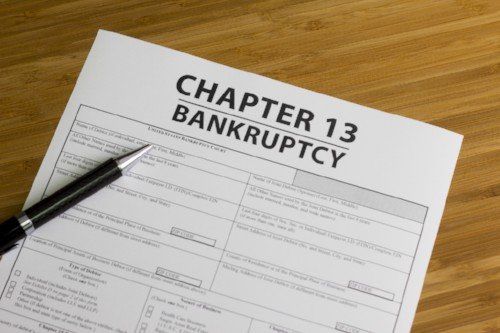Filing Bankruptcy and What it Means for Your Taxes
What You Need To Know About Filing Taxes When You File For Bankruptcy In The Same Year

If you have decided to file for bankruptcy, you may be wondering what sort of impact this will have on your taxes when you eventually file later in the year. You may be under the impression that your tax debts can’t be discharged in bankruptcy. This would be incorrect, as long as you can meet certain parameters.
When you file for bankruptcy, make sure you file for the correct chapter that is best applicable to your particular circumstances. If you file Chapter 11 or Chapter 13 bankruptcy, there are some circumstances where you can have your federal, state, and local taxes discharged. If you file for Chapter 7 bankruptcy, then your income taxes are the only type of debt that can be discharged.
Tax Filing Criteria
Discharge Your Debt
Turn to Us
If you have questions about bankruptcy and how it will impact your taxes, contact bankruptcy lawyer Kenneth S. Borcia & Associates for superior bankruptcy services and advice you can count on. We know all the steps to take when filing Chapter 7 or filing Chapter 13 and have helped clients in Lake County, North Chicago, Waukegan, Round Lake, Zion and Antioch, IL when it comes to filing for bankruptcy. Call us today.










